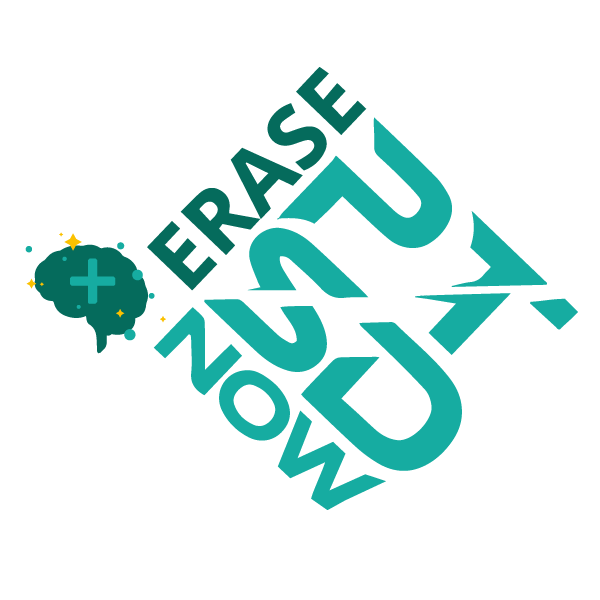New Ways to Treat PTSD, Especially SGB for PTSD
Post Traumatic Stress Disorder (PTSD) is a mental health condition affects millions of people worldwide. In fact, the number of people who have PTSD in the U.S. is 8 million. For people who currently have PTSD or about to develop PTSD, it affects everyone from all walks of life. It is not just a disorder that people associate with war veterans returning from traumatic events on the battlefields. Post Traumatic Stress Disorder has various causes such as sexual abuse and car accidents that may result in people developing PTSD symptoms like sleeping problems and anxiety disorders. Fortunately, there are new ways to treat PTSD so that people who have the disorder can begin healing quickly, especially SGB for PTSD.
SGB for PTSD
One of the most unique ways to treat PTSD is the SGB for PTSD procedure, or "Stellate Ganglion Block for PTSD". The SGB PTSD treatment involves injecting a medication into the stellate ganglion nerves. Furthermore, this injection would relieve pain in the neck, head, upper arm, and upper chest. Additionally, the SGB injection can also enhance blood supply and circulation for the people suffering from PTSD symptoms. The Stellate Ganglion Block (SGB) procedure is not an instant cure for PTSD but it does definitely improve people's well-beings after the injection.
Virtual reality exposure therapy
According to WebMD, virtual reality exposure therapy is a "twist on prolonged exposure therapy". The traditional form of prolonged exposure therapy lets someone with PTSD, over time, be exposed to things or events they avoided because of past trauma. However, virtual reality exposure therapy recreates re-create smells, sounds, and images linked with the trauma. After the therapy, the patient can talk with their therapist about what they had experienced during the virtual session.
Mindfulness-based therapy
For people with PTSD who sometimes can feel like they're "on the edge", this type of therapy is worth checking out. The mindfulness-based therapy approach can help lower stress and anxiety in great amounts. Meditation practices such as sitting and breathing to only focus only what's going on at the moment. It is a good approach to help people who are trying their best to let go negative experiences instantly.
Cognitive behavioral therapy
This type of therapy is a psycho-social intervention that aims to improve mental health, particularly of PTSD sufferers. Cognitive behavioral therapy (CBT) focuses on challenging and changing cognitive distortions such as thoughts, beliefs, and attitudes. Also, it emphasizes improving emotional regulation and developing personal coping strategies that target solving current problems. The therapy initially intended to treat depression, but its uses have now expanded to include treatment of various mental health conditions. These conditions include the aforementioned anxiety, alcohol and drug abuse, eating disorders, and so forth.
Support groups to help people find treatment
Another resource to find ways to treat PTSD comes in the form of support groups. There are many support groups that can provide assistance and unconditional support for people with PTSD who are seeking treatment. One notable support group for veterans is Soldiers' Angels. This organization is providing aid, comfort, and resources to military veterans and their family members. There is also the Veterans' Crisis Line where military veterans can call 1-800-273-8255 (and press 1 afterwards). CARE Counseling is a support group that also is a psychological health/counseling clinic. CARE Counseling gives advice to patients who have anxiety disorders and also help their friends and family regarding how they can support their loved ones. Finally, there is also PTSD Alliance, which provides helpful resources including other support groups and community clinics to help people suffering from PTSD find the help they deserve.


